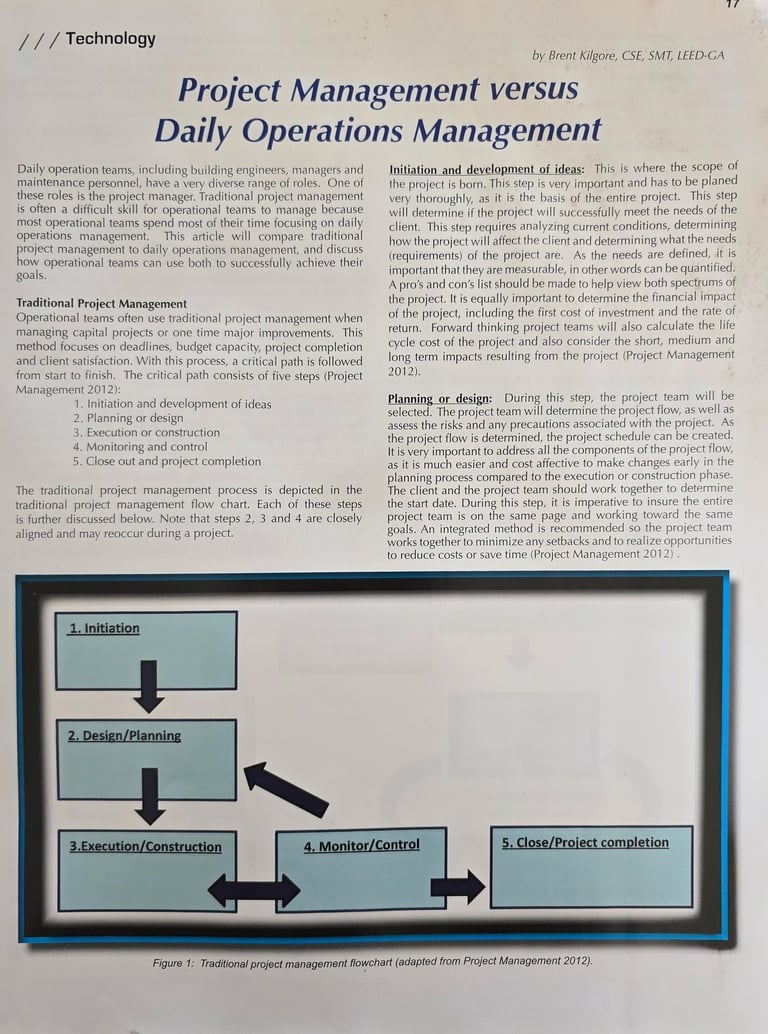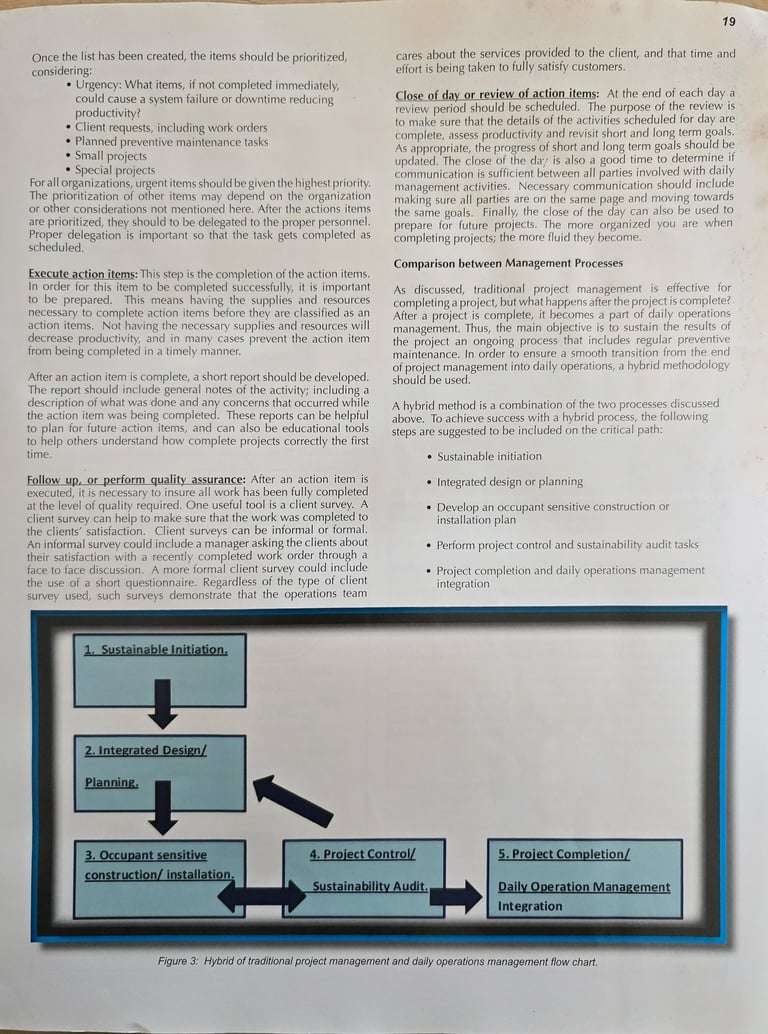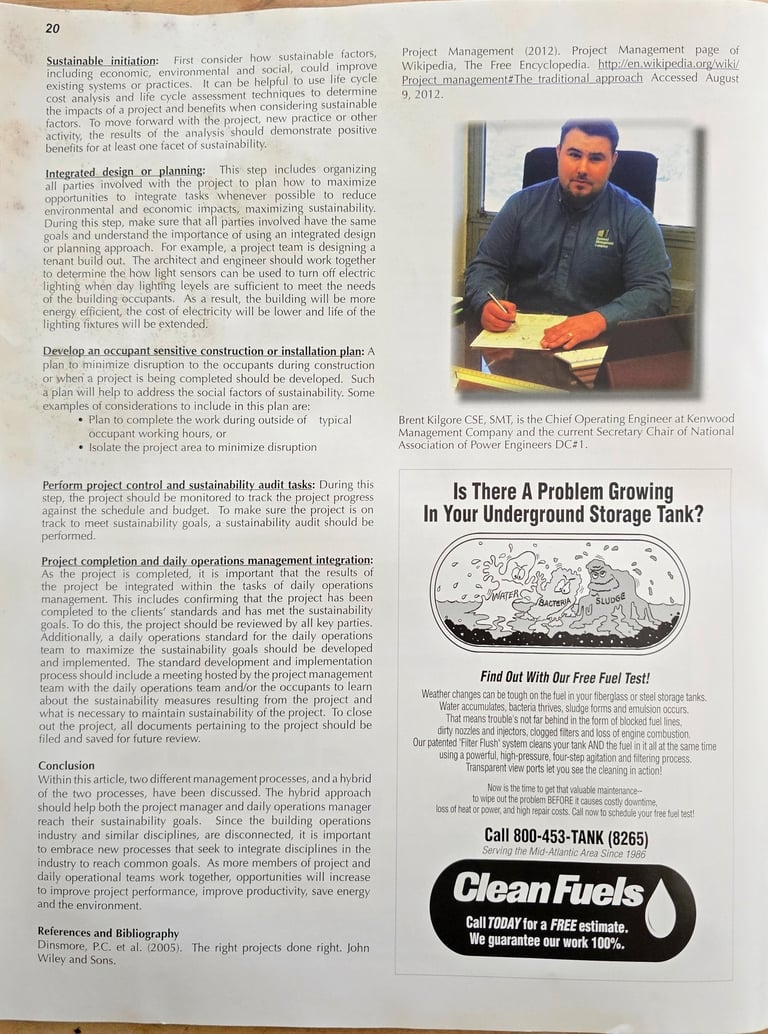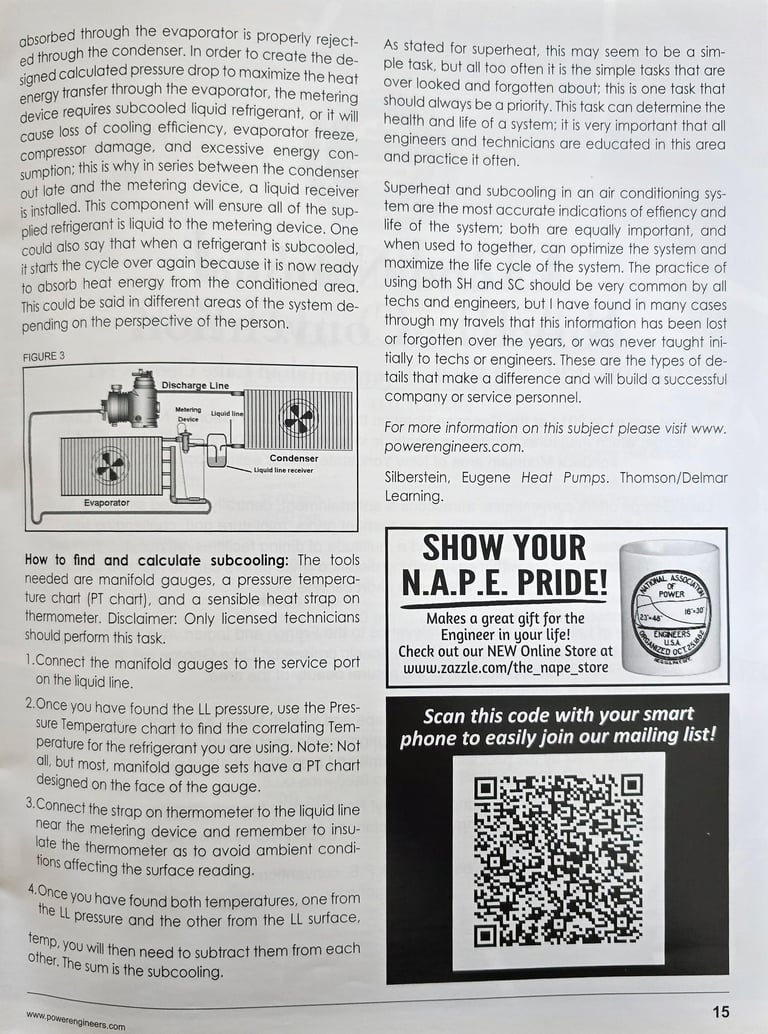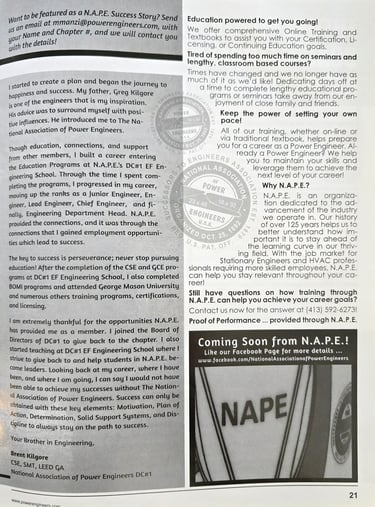Publications
https://www.linkedin.com/pulse/its-important-explain-complicated-subjects-simple-brent-l932e
Brent Kilgore BBA, MAOL, CSE, ProFM
Empowering Success through insightful Communication and analytics. Innovative Leadership Focused, Aligning Customer Priorities with Performance. Author- Transitioning from Worker to Leader
February 23, 2025
When discussing job functions, it's essential to recognize that the complexity of our roles can often be overwhelming, especially for those outside of the field. Simplifying this complexity is crucial for effective communication and understanding. To begin, it helps to identify core responsibilities by breaking down your job into its main tasks. For instance, instead of saying, "I develop software applications," you might say, "I create programs that help people do their jobs more efficiently." Using analogies and metaphors can also make complex ideas more relatable; for example, comparing project management to being a conductor of an orchestra can illustrate how you ensure all parts work together harmoniously to achieve a common goal.
Additionally, focusing on outcomes rather than processes is key. Instead of detailing the technical steps of a building automation system installation, you could say, "I help to reduce energy consumption and save money." Avoiding jargon and using plain language is vital; for instance, instead of saying, "I conduct a SWOT analysis," you could explain, "I help businesses understand their strengths and weaknesses to make better decisions." When expressing the benefits of your duties, highlight how your work contributes to the organization’s goals. If you work in facilities, you might say, "I ensure everyone in our buildings is happy and satisfied, which helps the company retain employees and grow."
Connecting your job function to the larger mission of the organization can also be effective; for example, if you work with financing, you could explain, "I manage budgets to ensure we can invest in new projects and enhance company performance." Sharing success stories or specific examples can illustrate the impact of your work, such as, "Last quarter, We implemented a new process that helped reduce project review time by 20%, allowing us to set expectations earlier in the process." Finally, emphasizing teamwork by highlighting how your role (cog in the machine) supports and collaborates with others can foster a sense of unity. For instance, you might say, "I work closely with the IT team to ensure we have the tools needed to succeed, which ultimately drives higher occupant satisfaction." By breaking down job functions into simple terms and focusing on the benefits, you can effectively communicate the value of your work, fostering understanding and appreciation for the diverse roles within an organization you and your team fill.
Below are the benefits of simplifying vernacular and creating effective communication:
Better Understanding: When you simplify complex ideas, you make them easier to understand. Just like using simple language helps a child learn, clear explanations help everyone grasp difficult concepts. This leads to better comprehension and retention of information.
Increased Accessibility: Not everyone has the same background knowledge. By breaking down complicated topics, you make information accessible to a broader audience. This is similar to translating a foreign language into one that people understand, allowing more people to engage with the content.
Effective Communication: Clear communication is key in any setting—whether in education, business, or everyday conversations. When you can explain things simply, you reduce the chances of misunderstandings and ensure that your message is received as intended.
Encourages Curiosity: When complex ideas are presented simply, it sparks interest and curiosity. People are more likely to ask questions and explore further when they feel they can understand the basics. It’s like opening the door to a new world of knowledge.
Problem Solving: Simplifying complex issues can help identify the core problems and solutions. Just as a mechanic diagnoses a car issue by breaking it down into parts, simplifying a problem allows for clearer thinking and more effective solutions.
Building Confidence: When people understand complex topics, they feel more confident in their knowledge. This empowerment can lead to more informed decisions and active participation in discussions, whether in a classroom, workplace, or community.
Teaching and Leadership: Good leaders and teachers can convey complex ideas simply. This ability inspires trust and respect, as it shows that they care about helping others understand and grow.
In summary, the ability to explain complicated things simply is crucial because it enhances understanding, fosters communication, encourages curiosity, aids problem-solving, builds confidence, and strengthens teaching and leadership. It’s a valuable skill that benefits both the explainer and the audience.
Many thanks for taking the time to read this article,
G. Brent Kilgore
Learn more about leadership by clicking on the above link.
The purpose of this book is to provide a comprehensive guide for people who aspire to elevate their careers beyond the tools of their trade. It is essential to recognize that the skills honed on the job—such as craftsmanship, attention to detail, and a strong work ethic—are invaluable assets in the business world. By transitioning into leadership roles, tradespeople can not only enhance their own professional lives but also contribute to the growth and innovation of their industries. This book will explore the mindset shifts, strategic planning, and practical steps necessary to make this transition successful.
Importance of Explaining Complicated Subjects In Simple Terms






